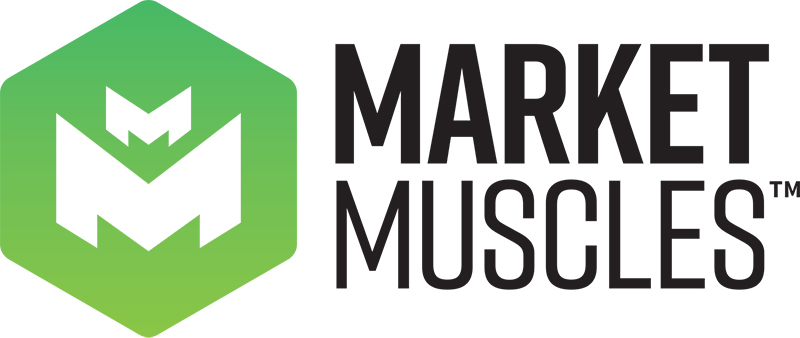
Website Unavailable
This website is currently unavailable. If you are the site owner, please reach out to [email protected] for more information.

This website is currently unavailable. If you are the site owner, please reach out to [email protected] for more information.